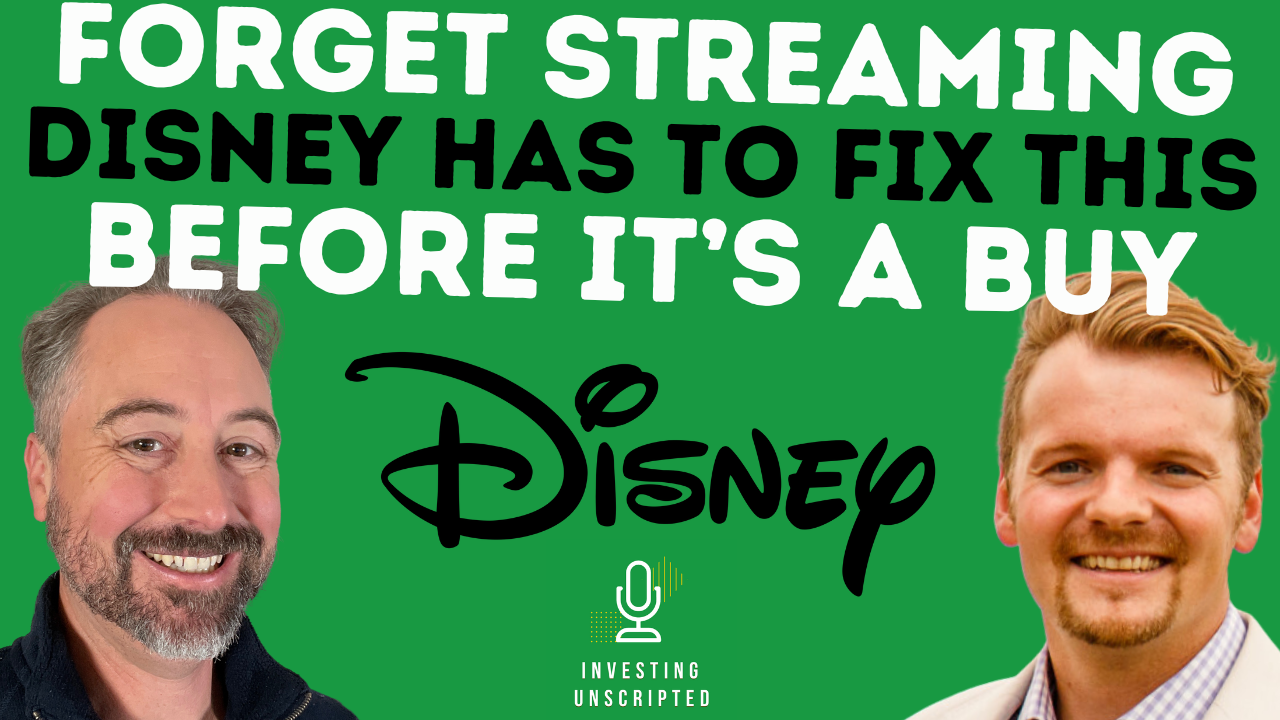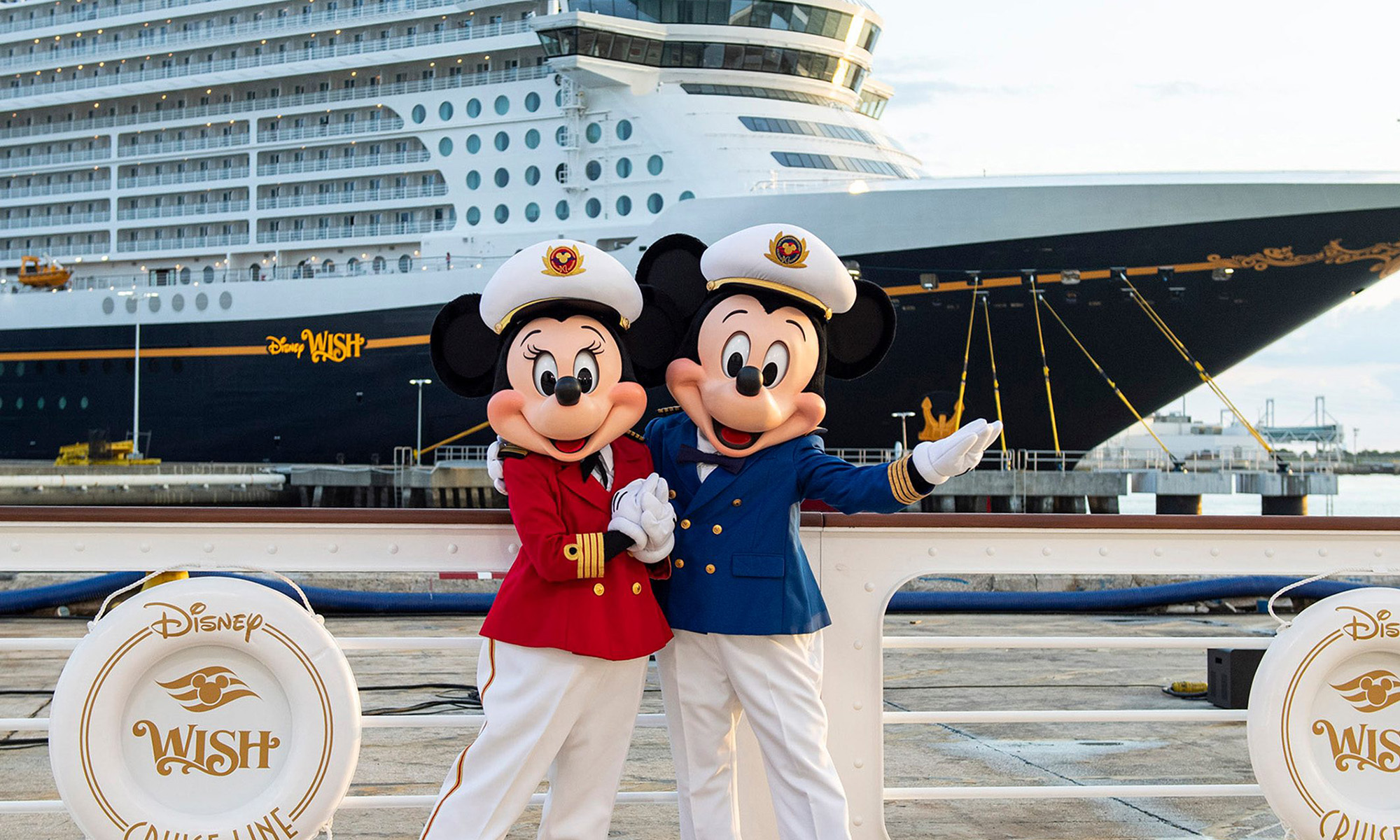Within two weeks of each other in November of last year, two members of the next generation of on-demand streaming services made their big debuts. First came Apple's (AAPL 0.11%) Apple TV+, which launched on Nov. 1, followed by Disney's (DIS 1.85%) Disney+, which made its big arrival on Nov. 12.
Both services are part of a wave of new streaming services that are challenging Netflix (NFLX +0.91%) in the subscription video on demand (SVOD) space. But, in other ways, the two are very different.
Apple TV+ is the work of a tech company that is moving fast to secure new streaming content. Disney+, by contrast, is the work of a media company that has built up streaming infrastructure to match its content holdings. Apple TV+ (with the plus) is integrated into the Apple TV app (no plus) alongside free content and premium content from other services like Hulu. Disney+ stands alone in its own dedicated app.
Perhaps most importantly, the two are faring differently. Disney+ has been a big hit for its parent company, exceeding expectations early and delivering a big hit in The Mandalorian. Things don't seem to be going quite so well for Apple TV+.

Image source: Getty Images
Apple TV+ is lagging behind Disney+
To be fair to Apple TV+, Disney+ has been quite fortunate. Even given its parent company's big marketing push, few expected Disney+ to add so many subscriptions so fast. The demand for the new service contributed to app crashes on launch day and, more happily for Disney, to lots of good press (including plenty here at the Fool).
But Apple TV+ isn't just failing to live up to Disney+'s example; it's also starting to look like something less than it was projected to be. Apple TV+ might never have been designed to take on Disney+ head-on (Apple execs would likely deny that it was), but it was at least supposed to carve out a niche.
The reality has been more sobering: As a good number of analysts predicted (pessimistic analysis was in the majority ahead of Apple TV+'s launch), the service has been performing poorly. Apple TV+ was reportedly tried by only 5% of streaming households in the fourth quarter of 2019. More than twice that percentage used Disney+ in December alone.
Disney+'s advantages
What caused these two different outcomes? The main difference between Disney+ and Apple TV+ is the direction that the two services came from: Disney had the content and built the tech, and Apple had the tech (or, perhaps more accurately, the resources to build it relatively painlessly) and built the content. Perhaps their different fortunes can be put down to that simple reality.
Apple TV+ does have less content than Disney+: the former launched with a handful of original series (some with only a few episodes available) and the promise of a new movie or two a year, while the latter showed up with thousands of TV show episodes and hundreds of movies, including over 100 hours of new content.
But Disney+ has fewer content hours than Netflix, so that's not the whole story. Disney+ had a well-received debut original series in The Mandalorian, but Apple TV+ has The Morning Show, which is earning critical praise and earning award nominations -- plus other brand-new shows that Apple paid big bucks for.
Disney+'s library matters, of course, and so does the quality of its original series (The Mandalorian could have been bad instead of good, and one presumes that this would matter at least a little bit). But Disney+ has another huge advantage besides existing titles and new content: It has the ability to slap immensely popular intellectual property (IP) onto new shows and movies pretty much whenever it wishes to do so.
What matters most?
It's impossible to say exactly how much of Disney+'s success has to do with its IP as opposed to its back-catalog and the quality of its original content -- those things can't be separated. But there are a couple of very strong reasons to believe that IP is particularly important to Disney+'s success.
First of all, Disney+ and Apple TV+ both have one (and only one) hit original series, and Disney+'s Star Wars one drew far more viewer attention than Apple TV's brand-new story. Second, Disney and its subsidiaries have been demonstrating the relative value of IP for some time now -- not in the streaming world, but at the box office, where its Marvel Studios and Star Wars brands have been remarkably valuable.
Marvel Studios has turned cashing in on cinematic IP into a science: Year after year, Marvel fans get new movies that connect to a larger cinematic universe. These are virtually never bad movies; they're the stars of the Rotten Tomatoes era, acing the review aggregation site's binary evaluation system by avoiding bad reviews (even if some movies get their share of lukewarm takes).
It's necessarily subjective to say that there's little difference between, say, 2014's Guardians of the Galaxy (91% on Rotten Tomatoes) and that same year's non-Marvel film Edge of Tomorrow (90% on Rotten Tomatoes) other than about $402 million in worldwide gross, but we'll say it anyway: The constant barrage of IP-backed blockbusters has been a foolproof way for Disney to beat similar efforts not backed by popular IP.
This all verges on being a little obvious. The fact that the poorly reviewed Star Wars: Rise of Skywalker will still make plenty of money (albeit less than Disney might have hoped) and that similarly mediocre but non-Star Wars flicks bomb surprises absolutely nobody. But this is a point that deserves emphasis, because it speaks to Disney+'s ability to hold onto a dedicated audience in a more fractured streaming market.
Popular IP means being able to create new content with dedicated viewership built right in. It also means having a back-catalog that means something to super-fans -- the sorts of people who are likely to watch and rewatch the same films in a way that people who liked, say, Green Book are a lot less likely to do. The power of Disney's IP intersects with and builds on the power of its large store of existing content and its ability to generate high-quality new content.
IP is king
IP matters, but is it the most important element in a fractured streaming future? That's hard to say for sure, but it's certainly how things look as of this writing.
If Apple TV+ could wave a magic wand and swap its high-quality output and big content budget for the rights to IP with a dedicated following, it's hard to imagine the service not waving away. For that matter, it's fair to wonder if Netflix would swap its own advantage -- a content library quite a bit larger than Disney+'s -- for some IP with roots that go back further than its own notable hits.
Ultimately, a talented team can create the next Stranger Things or The Morning Show, but nothing short of a time machine (or a prohibitively large amount of money) will get Netflix, Apple TV+, or any of the rest of them anything like Star Wars or Marvel Studios. That's Disney's peerless advantage.








